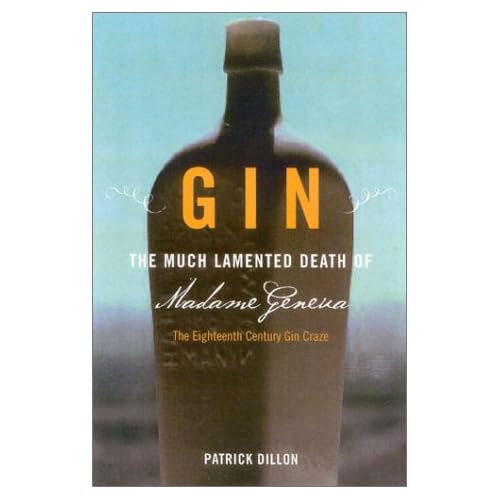Erik Ellestad is much better at this than I am
By which, of course, I mean the vintage cocktail book wrangling. If you haven't caught up with his stomp through the Savoy Cocktail book at Underhill-Lounge, you absolutely should. Now - actually, after you finish reading this post.
(Cocktail) Boothby’s Ten Commandments.
I. Always be on time to relieve the other watch. It is a good plan to make a practice of arriving a few minutes early so as to arrange your toilet and step to your station on time.
II. See that your finger nails are always clean and your person presents a tidy appearance.
III. Always appear pleasant and obliging under all circumstances.
IV. Avoid conversations of a religious or political nature.
V. When going off watch always dry and polish all the glassware and tools which you have used on your watch, and see that everything is in its proper place, so that your relief can work to advantage as soon as he arrives at his post.
VI. Sell all the liquor you can, but use as little as possible yourself.
VII. If you are troubled with sore feet, bathe them regularly. Avoid patched or ragged hosiery, and wear a comfortable shoe with a heavy sole. Light soles, low cut shoes or slippers should never be worn behind a bar.
VIII. Keep the floor behind the bar as dry as possible. It not only looks better, but you will find your health greatly improved by following this rule. Many bartenders contract rheumatism, neuralgia and many other serious complaints through carelessness in this report.
IX. After using a bottle or tool always replace it before doing anything else. Make this a rule that should never be broken; and, when you are rushed with business, you will never be compelled to hunt for this or that, but you will always know just where it is.
X. After a party has finished drinking, remove the glassware from the bar as soon as possible, and dry and polish the bar top immediately, never allowing a particle of moisture to remain. This is a very important rule.

